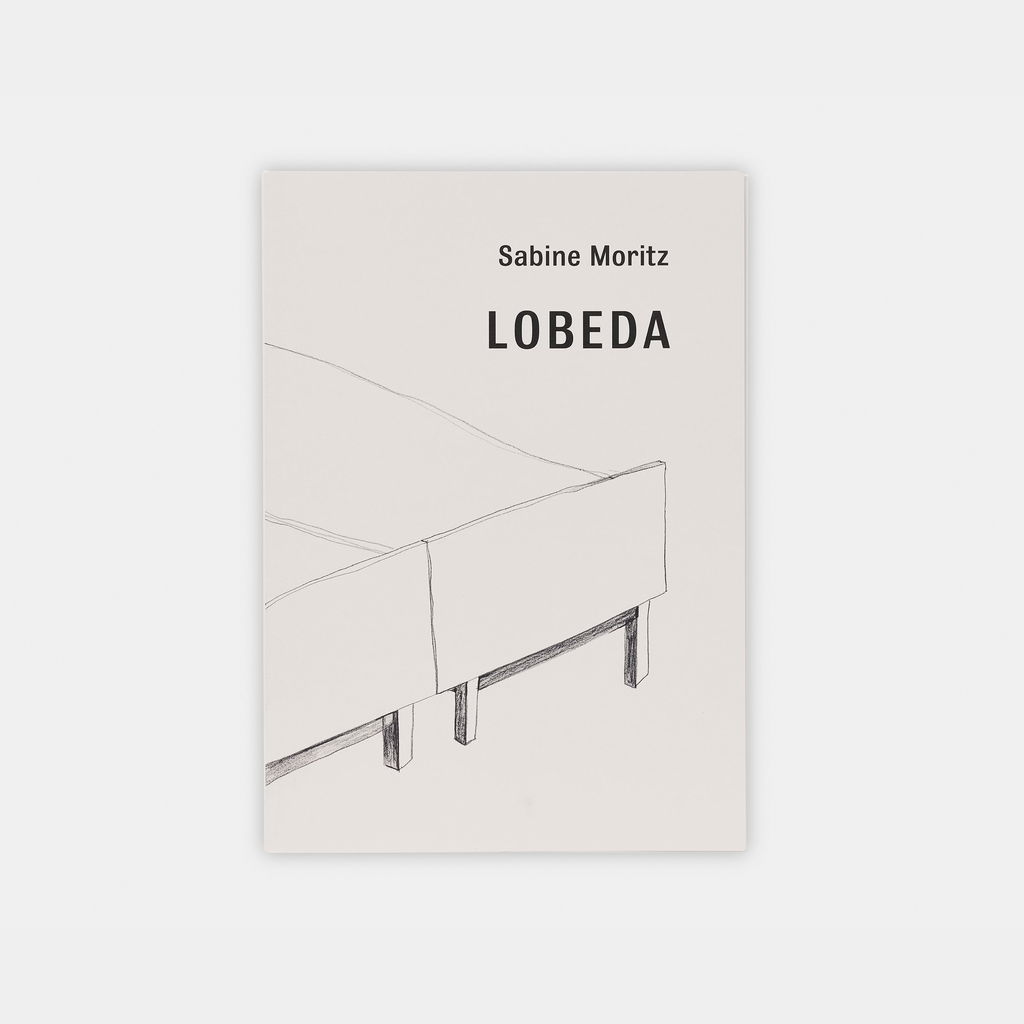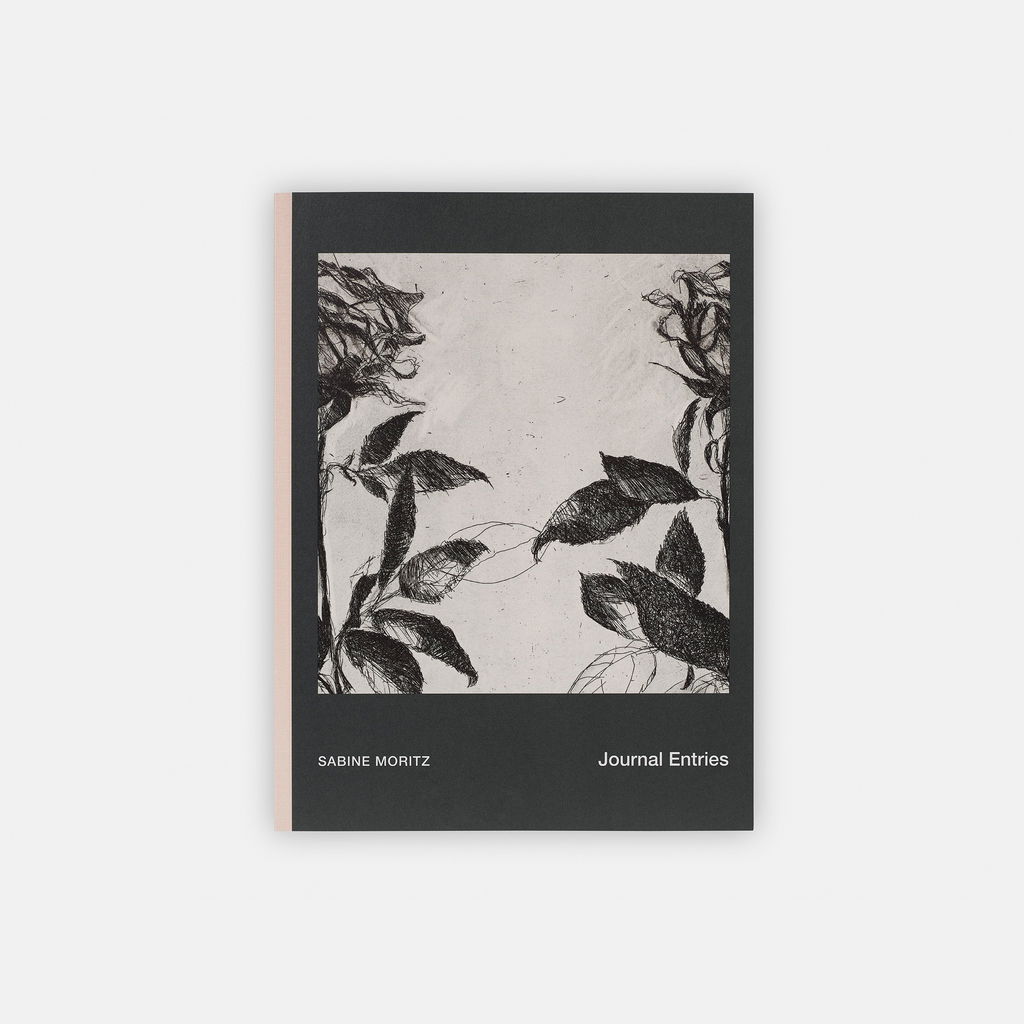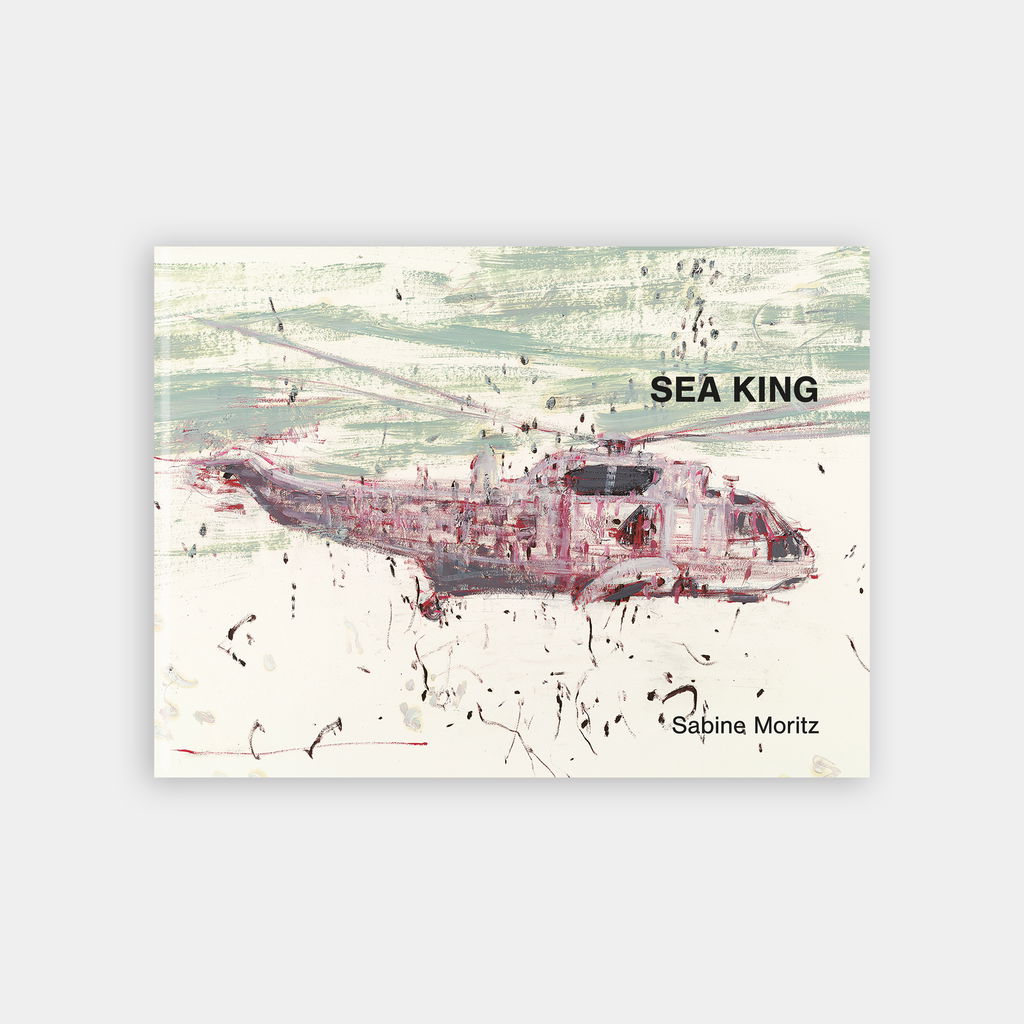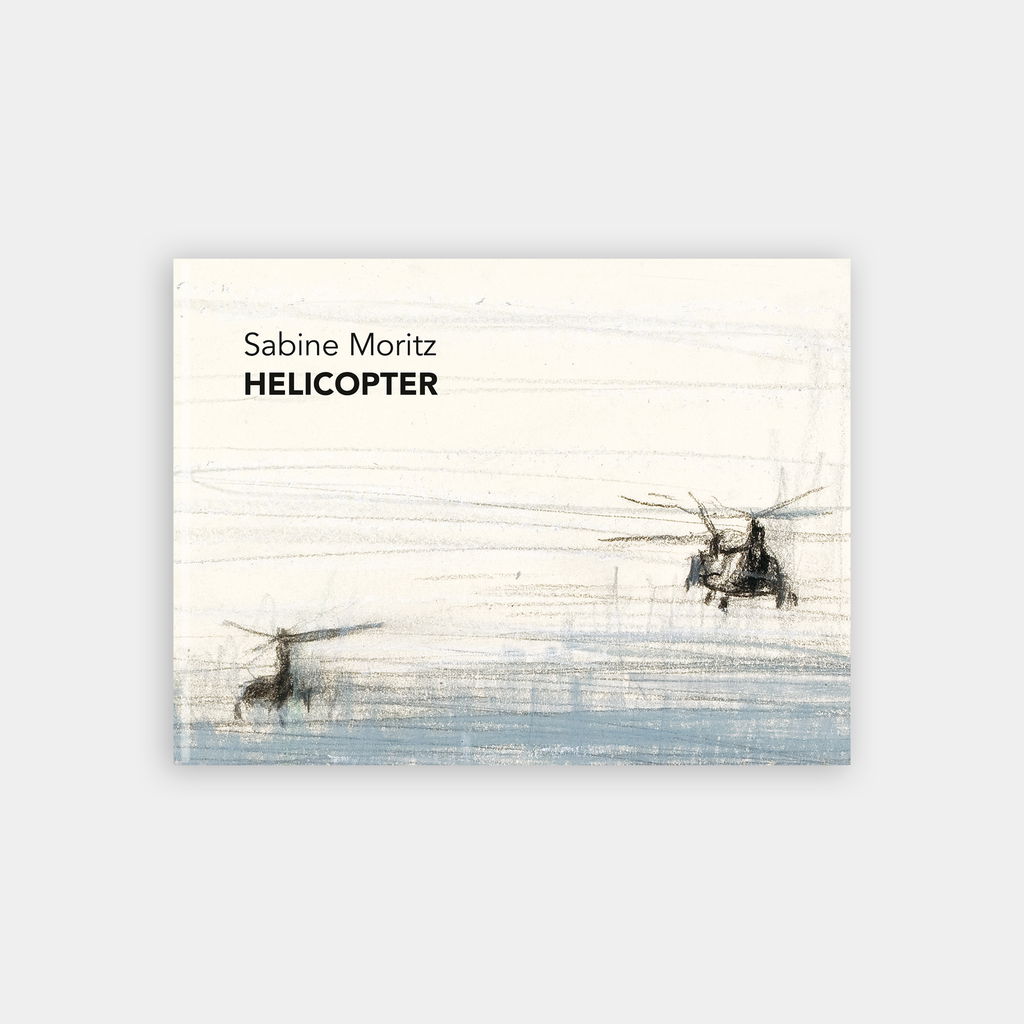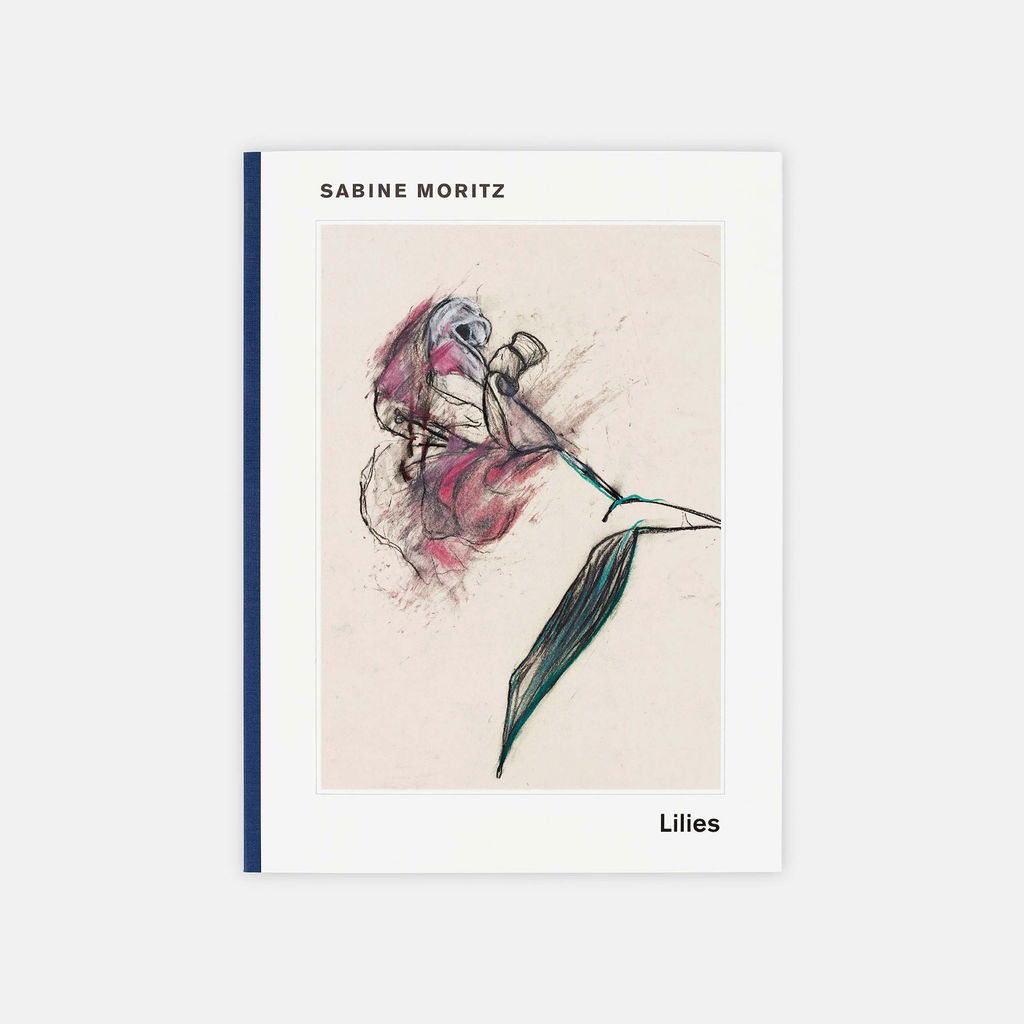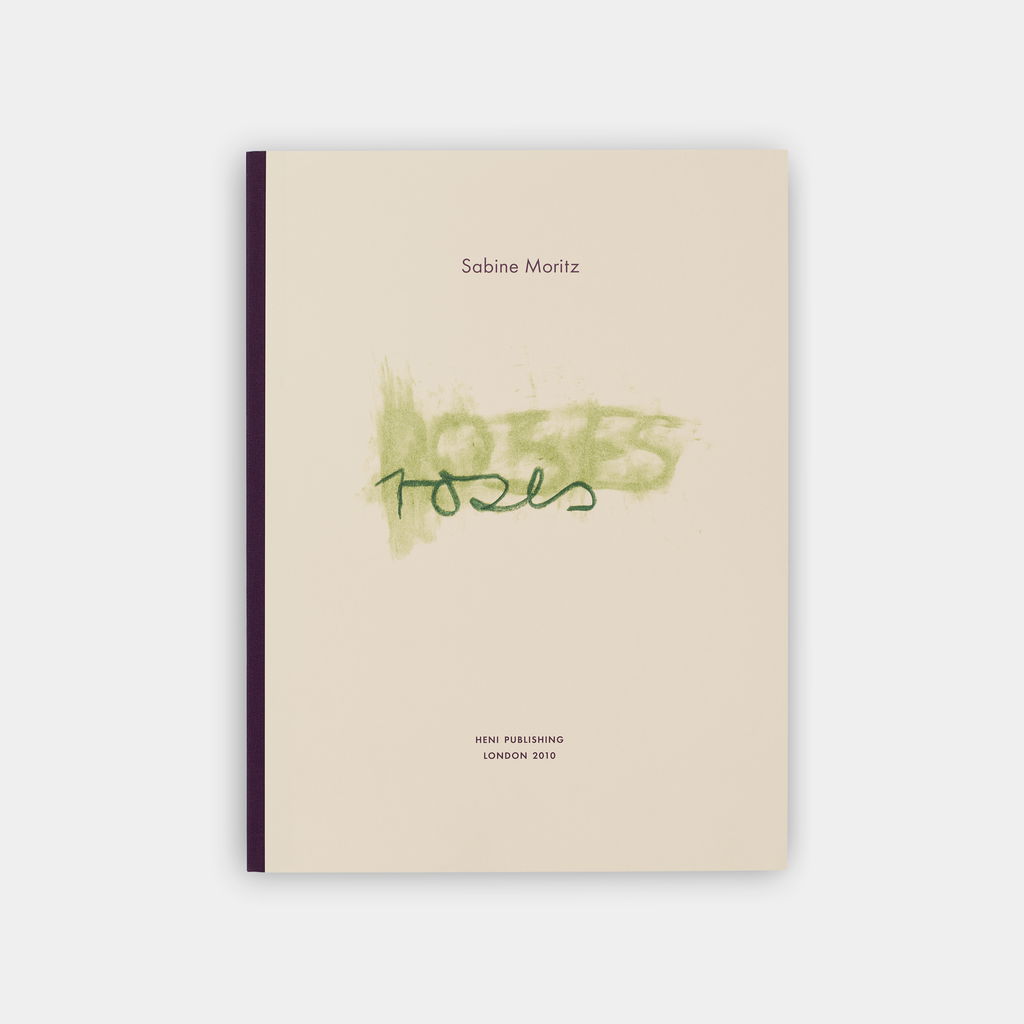Home
Shop
Books
JENA Düsseldorf
JENA Düsseldorf
Sabine Moritz
£39.95
A collection of 223 paintings and drawings by Sabine Moritz that show the artist’s development working in a range of mediums and techniques.
In JENA Düsseldorf, first published in 2011, we follow Sabine Moritz and her artistic development, which began in 1989 at Offenbach University of Art and Design and continued in 1991 at the fine arts academy Kunstakademie Düsseldorf.
Following the publication of Lobeda in 2010, a collection of homogenous early drawings, the pictures featured in JENA Düsseldorf have greater diversity in terms of content and form reflecting Moritz steady progression as an artist. Moritz brings scenes to life with vibrant colours and experimental brushstrokes creating a range of textures and atmospheres in a variety of medium including oil, acrylic, charcoal and colour pencil.
The repertoire of architectural motifs is expanded to include places of remembrance in the GDR, sculptures in public spaces and the typology of ‘empty places’. Some of the motifs from Lobeda reappear and are altered, drawing attention to the dynamic aspect of the process of recollection.
The book also features an introduction by Hans Ulrich Obrist followed by a conversation between Obrist and Moritz in which the artist talks about her personal life, her memories and makes reference to specific works. The modest and compact book, packed with over 150 colour illustrations, shows by way of example her search for an artistic position on her route from Jena to Düsseldorf.
Publication:
December 2021
Illustrations:
223
Dimensions:
183 x 160 mm
Format:
Hardback
ISBN:
978-1-912122-47-9
No. of pages:
176
Sabine Moritz (b.1969) is an artist based in Cologne, Germany. Her paintings, works on paper and prints have been widely exhibited in museums throughout Europe, celebrating a distinct practice that combines a highly personal approach to abstraction combined with figurative works inspired by documentary photographs, memory and an investigation of genre painting.
As a child Moritz emigrated from East to West Germany, eventually settling with her family in Düsseldorf where she attended the famed Kunstakademie. In Moritz’s hands, personal memories and collective histories are brought to life as she grapples with the beauty inherent in their fallibility and the passing of time.
